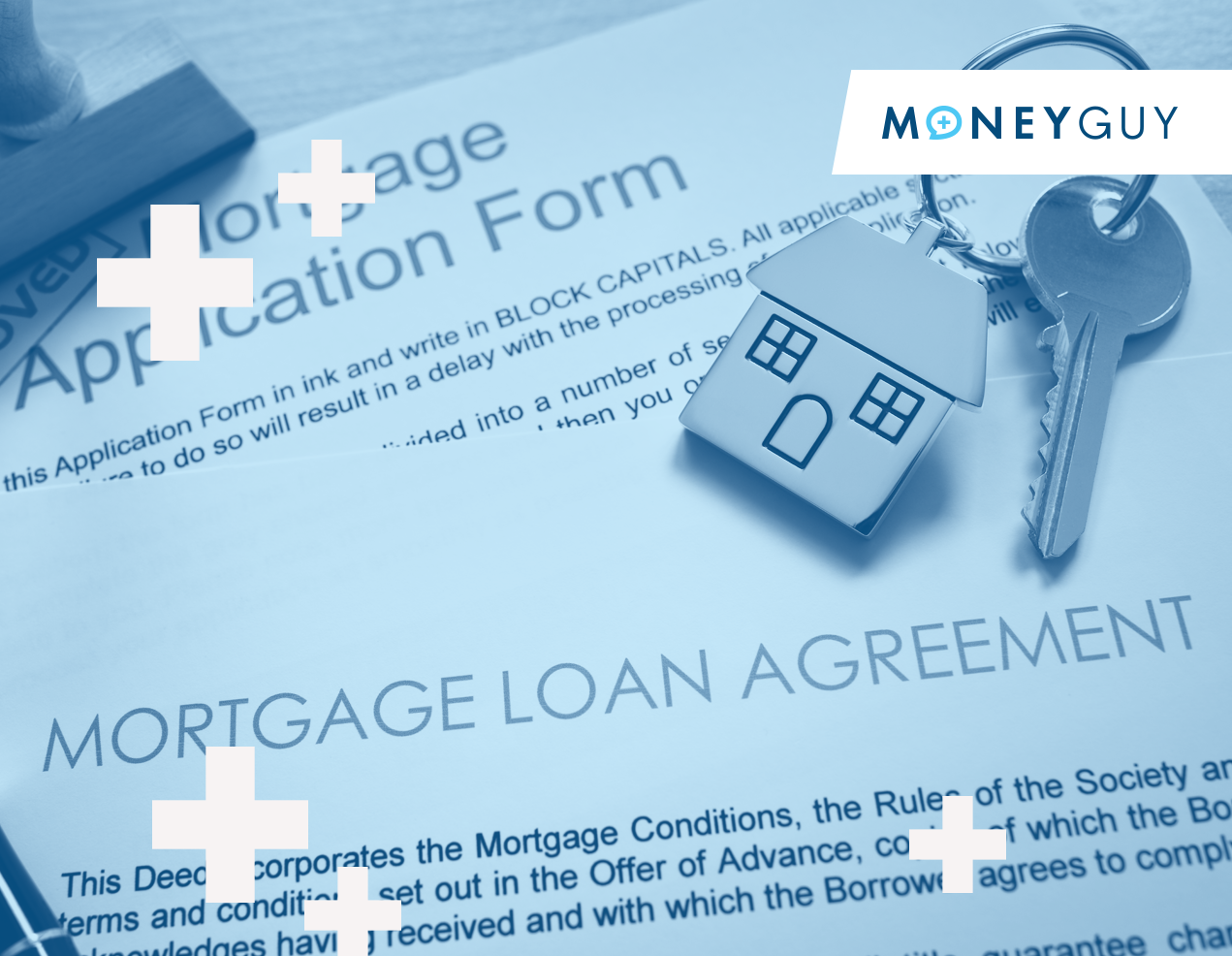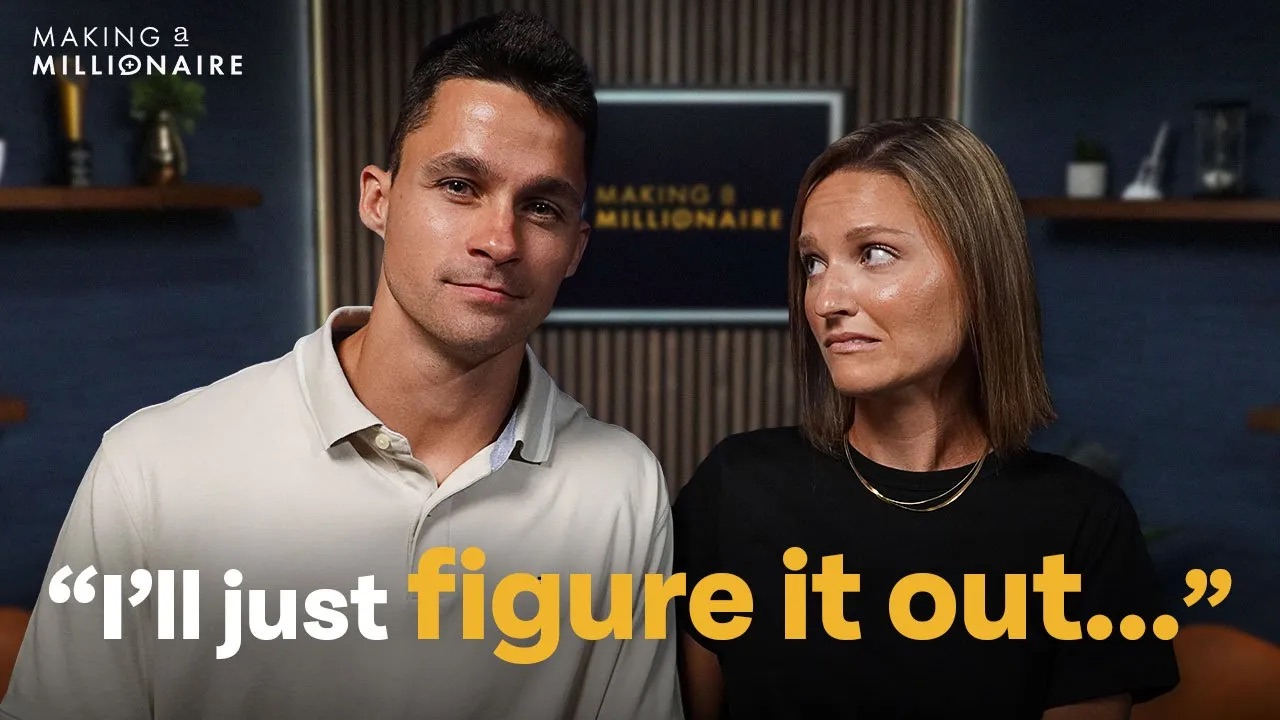Next up, we've got a question from William. He says, "Do you guys still find it compulsory to put 20 down on the new home if we plan to rent out the condo that we live in now? That was our first home." He says that they're both 40 and 37, he and his wife, and they live in San Diego, California for some context.
"Well, you know, here's my thought: why do we say put down 20 on your next home? It's really more of a risk mitigation thing, right? We want to make sure that when you are approaching your financial situation, you're not taking on more risk than should be taken on. Having 20 percent down on that second home is a really good way to protect the equity, the value of your house, and to make sure you're making an affordability decision. Because, William, you may say, 'Alright, I got this condo, but what I'm gonna do is I'm gonna rent it, and it's gonna be great. I'm gonna have a tenant, and they're going to cover the note, and I might have some free cash flow. And so, because of that, I only need to put 5 percent down on the second house, and then with the cash flow half coming from the rental, I'll be able to use that and pay for the second house.' And that all sounds great on paper, but a lot of times, it doesn't necessarily work out exactly the way that you have planned it out. So, my opinion is, even if you're going to buy the second home and you're going to keep the first, you're going to make it a rental, I still stand by, I think you need to do 20 down for the second home, or you are not in a position in your financial circumstance that it's time for you to start owning rental properties. I feel bad saying that, but that's probably the assessment that I'm going to give you based on the facts that I have."
"I completely agree because look, and I think a lot of people think that we're anti-real estate, which is funny to me because a lot of my net worth is built into commercial real estate and other things. I'm all for real estate. I just want to be the cold, hard truth to you that real estate is outstanding as long as it's all working. And the biggest thing that creates that separates failure in real estate versus success in real estate is how deep your pockets are. Because real estate is phenomenal, but you don't see the V-shaped recoveries you see in the financial markets. You have what's called U-shaped recoveries. Real estate is mean in that when it drops and goes down, it just drags on for years. And if you don't have the money to weather the storm that might be dragging on for years in real estate, you can get yourself in a pickle of a situation. Because it's exactly what Bo was covering, that it looks great to house hack and the fact that you just go roll into the next thing and turn that condo into rental income. But what happens when all of a sudden nobody's paying rent on the rental house, and then you've got the higher mortgage because you only put down 3 percent? I'm just worried if you are overstretching yourself for the any type of risk that might be coming your way. And don't forget also, this is not to say I'm against turning existing houses into rental. It's just that don't forget that the government has some unique things with flipping houses. You live in a house for 2 out of the last 5 years, and it was your primary residence, that gain is 100 percent tax-free, up to $500,000 for married couples, $250,000. So, there's a reason why all the builders and developers I know are moving every 2 years. I'm like, 'You're crazy. Moving is, like, the worst thing in the world. Have you seen how much you can make in the Nashville Market by flipping homes if you have the skill set to build homes and keep the profit and everything else?' So, I think that you just know what you're getting into on that side from a tax perspective, from tax-free gain. And just, I hate to be the cold water, but I just really do want to ensure this. There's a reason we talk about rental real estate as an abundance goal or prepaid future expense. It's a step-eight transaction because remember, there are get-wealthy activities and there are stay-wealthy activities. Step eight is definitely advanced. So, be careful as you're making those decisions because it's more about how do we mitigate the risk and not get you too far out when we get into that next winter for real estate. So, what if I can't do it? Okay, guys, I hear that. What if I can't do it? Well, one of two options: you stay in your current condo for longer until you can, or maybe consider selling the condo. Because if you sell a condo, you have equity from that. You take that equity, you put 20 down on the next house, maybe you're still in a great position to be in another house. You just don't have both of those leveraged assets sitting on your balance sheet prematurely."
"Here's a third option: house hack it. You know, I see people, if your city allows it or you have them... We don't have them around here, but you see people all the time. We have clients who have quadplexes and other things where they bought essentially rolled into a quadplex, lived in it for a period of time. There's nothing wrong with house hacking. But just, I don't want you using... I want you to respect the debt. If you're not scared of the debt, you're using the debt wrong." For more information, check out our
Home Buying Checklist.













